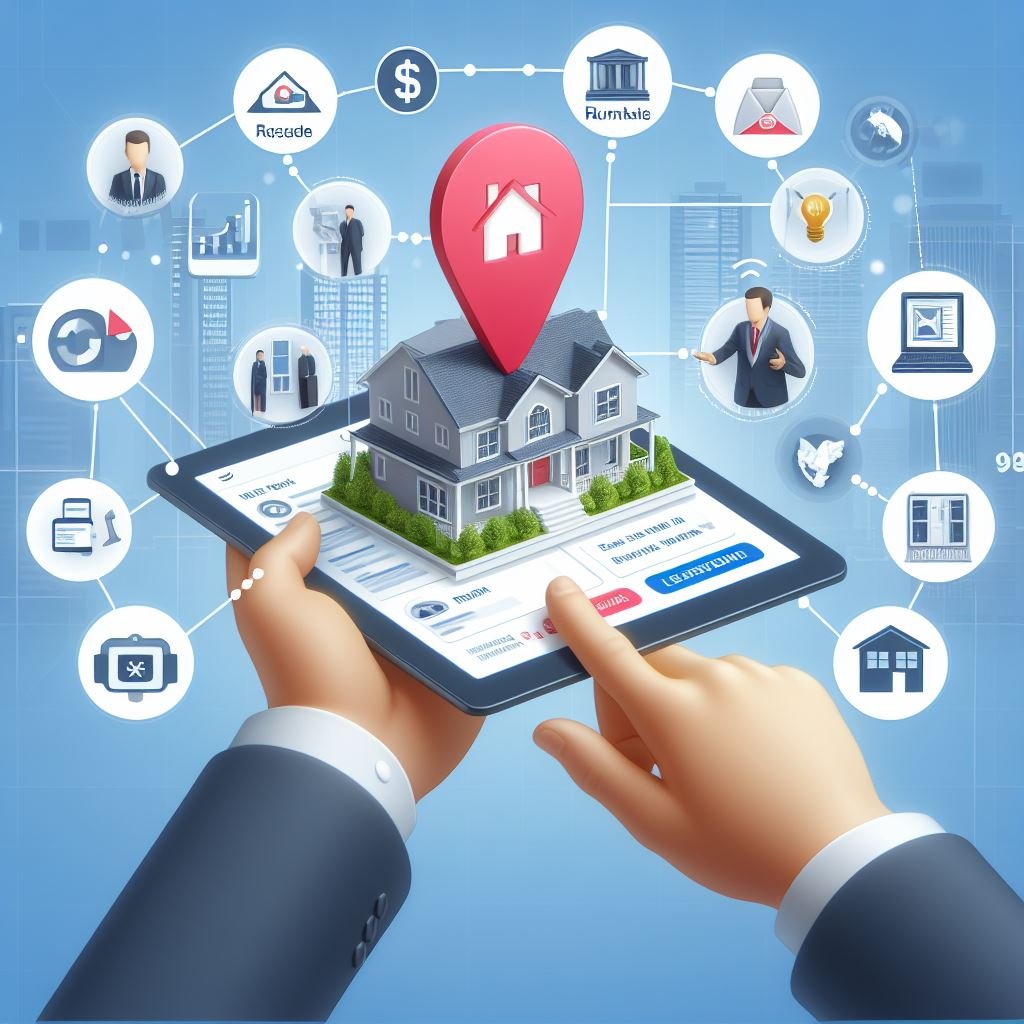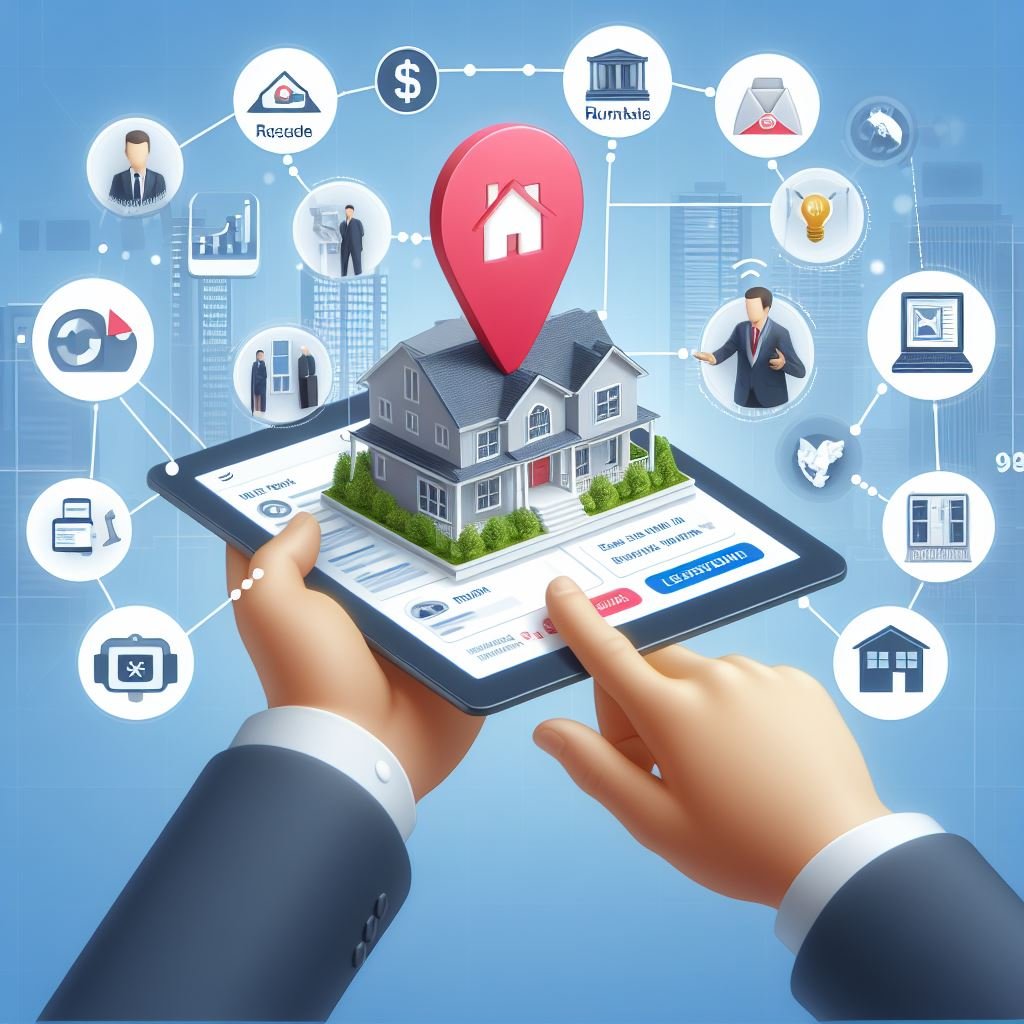Real Estate Social Network serves as a professional platform where professionals and individuals in the real estate industry can connect, collaborate, exchange information, and do business. These platforms have special features such as real estate listing, market analysis and web functionality, forums, and business tools to meet the specific needs of real estate professionals. Users can chat, share information, find customers or partners, and follow business developments. Examples of social real estate platforms include Zillow, Realtor.com, and LoopNet.

1. Profiling: Users create a detailed profile that includes personal or company information, contact information, history, skills, and related information based on their role in the network virtual identity.
2. Network: Users connect with business professionals, prospects, and business partners by sending and accepting contact requests, expanding their networks to build relationships, and developing leads.
3. Property Listing: Use this tool to list properties for sale or rent. Users can specify types, locations, prices, sizes, materials, etc., supported by visual content such as photos and videos to demonstrate the value of the property and attract buyers or tenants. Creates detailed information including features.
4. Discussion Forum: A place designed for users to participate in discussions, ask questions, share insights, and exchange information about various properties, encouraging community dialogue and education.
5. Market Insights: Users can access expert analysis, forecasts, and data-driven analysis on market trends, market trends, and demographic trend change so they can make smart investment, pricing, and strategy decisions. to decide.
6. Events and Webinars: Host or promote business events, conferences, workshops, and webinars to provide networking, learning, and professional development opportunities, and reviews so users can learn about business development.
7. Collaboration Tools: Project collaboration, information sharing, and communication between teams or partners to facilitate
collaboration and productivity of a real estate business or project.
8. Education: Provides users with educational content, courses, and training materials covering topics such as real estate investment, property management, legal bridges, and business strategies to help users succeed in the competition. Knowledge and skills required by the region.
